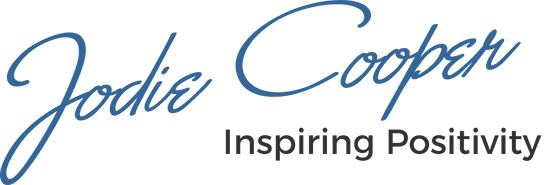In today’s fast-paced and interconnected world, protecting and nurturing our mental wellbeing has become more critical than ever. Recently I’ve read three insightful books, “How Modern Media Destroys Our Minds” by The School of Life, “The Anxious Generation” by Jonathon Haidt and “Dopamine Nation” by Ana Lembke.
While they have distinct angles, they each offer valuable perspectives on the challenges we face and provide strategies for maintaining mental health amidst the complexities of modern life.
“How Modern Media Destroys Our Minds” by The School of Life
This book highlights the insidious effects of constant media consumption. It reveals how the relentless barrage of information, much of it negative or scandalous, can lead to anxiety, envy, and a pervasive sense of dissatisfaction. The book encourages readers to become discerning with their media habits.
What you can do:
Reduce media consumption by limiting TV, news, Netflix, radio, newspapers and online information. By reducing mental clutter, we can foster a more peaceful and positive state of mind. Try removing apps from your phone, turn off notifications and think of how you’d like to spend your new free time.
“The Anxious Generation” by Jonathan Haidt
In a similar vein, Haidt delves into the root causes of the rising anxiety levels among young people. The book examines how societal pressures, academic stress, and the omnipresence of internet access and social media contribute to an environment where anxiety thrives. It underscores the importance of building resilience through self-awareness and supportive relationships.
What you can do:
Increase your focus on wholesome relationships and activities that provide both pleasure and meaning for your family. This encourages a positive environment where open communication and emotional support are prioritised, helping to strengthen both relationships and resilience. Try asking open ended questions and listening intently to your loved ones.
“Dopamine Nation” by Dr. Anna Lembke
Lembke explores the concept of dopamine and its role in our pleasure and reward systems. In a world that offers endless opportunities for instant gratification—whether through food, social media, shopping, or drugs —our brains can become addicted to the constant hits of dopamine. This can lead to a cycle of compulsive behaviour, anxiety and addictions.
What you can do:
You can reset your dopamine leavers by deliberately abstaining from your ‘drug’ of choice for a month. While abstinence can be hard at first, the mental reset can be profound. Work on prioritising activities that provide long-term fulfilment rather than short-term pleasure. Try a new exercise, hobbies, or social activity.
Together, these books offer an interesting perspective for fostering wellbeing in our complex social landscape. They encourage us to be more intentional about our media consumption, to build more supportive relationships, and to seek balance in our quest for pleasure and fulfilment. By integrating these strategies into our daily lives, we can create a more positive and mentally healthy environment for ourselves and our families.







